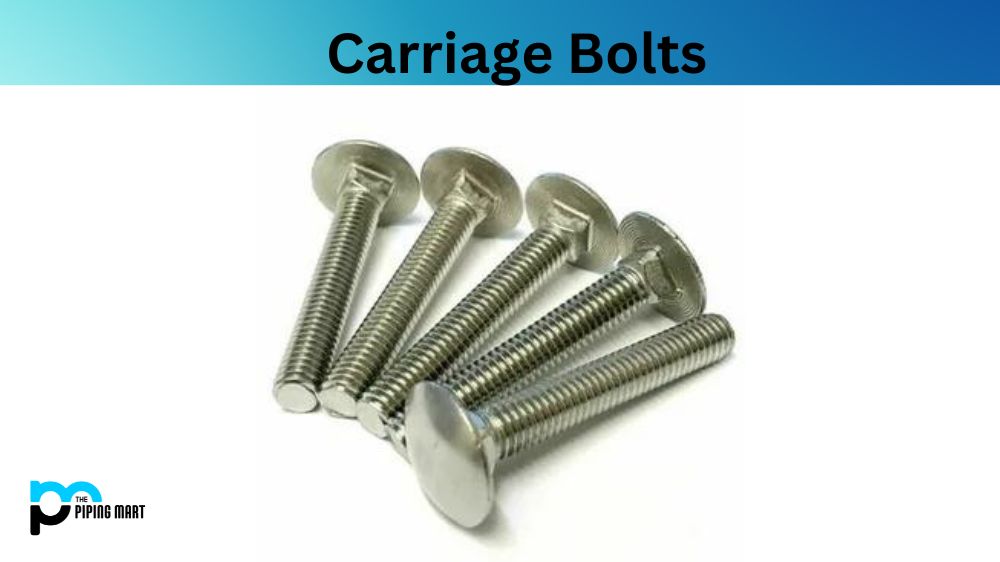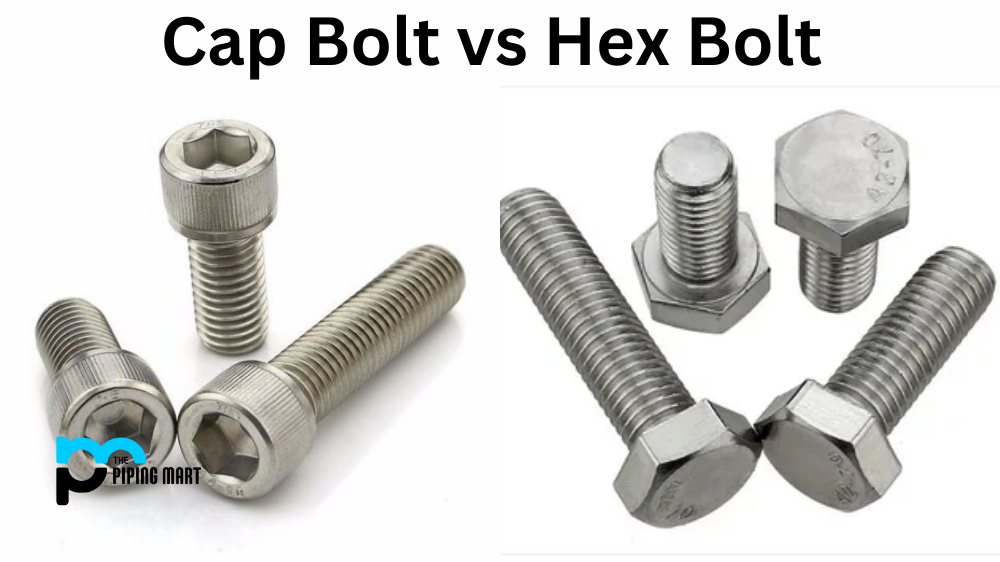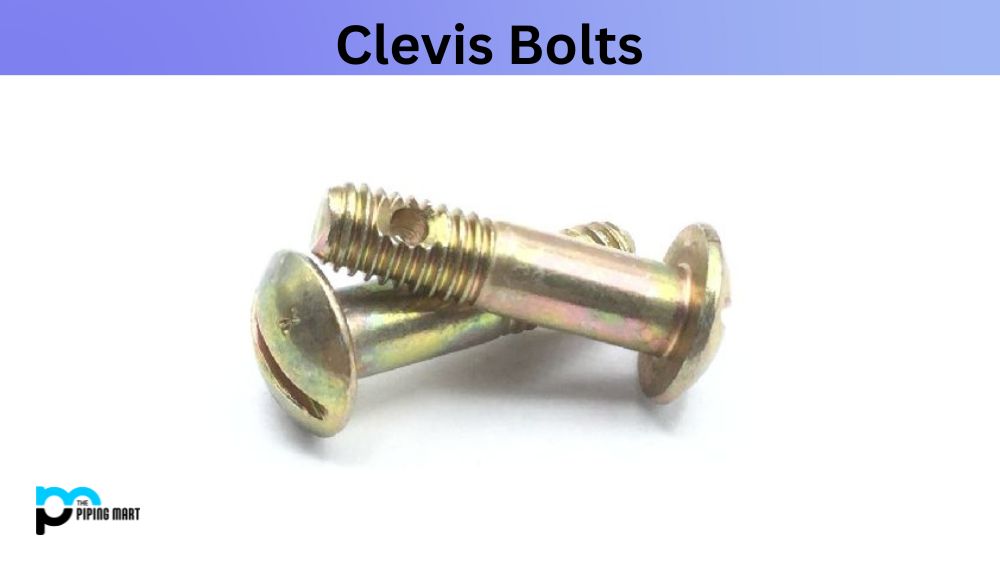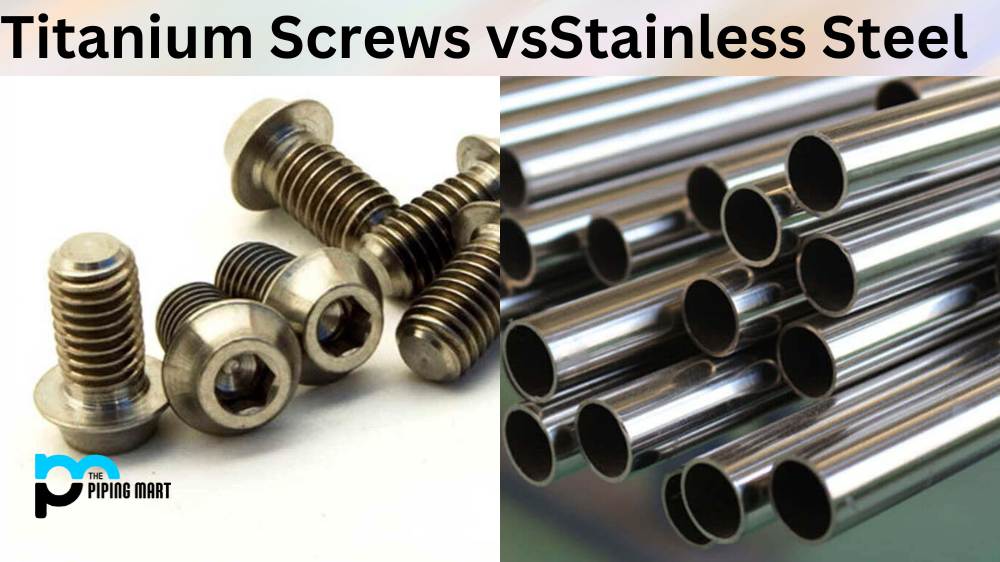When it comes to fastening materials together, there are various options for bolts available in the market. One type of bolt that is growing in popularity is the carriage bolt. Carriage bolts, also known as coach bolts, are a type of fastener designed to hold together wood, metal, and other materials. In this blog post, we will explore the advantages and disadvantages of carriage bolts.
What is Carriage Bolt?
Carriage bolts are a type of fastener with a round head and square shoulder which resists turning when the nut is tightened. They come in various sizes and are commonly used to attach wood, metal, or other material together. The part of the bolt below the head is threaded for most of its length, allowing it to be securely tightened into place with a nut.
Advantages of Carriage Bolts
Secure Fastening –
Carriage bolts provide a secure and sturdy fastening when it comes to holding materials together. This is because of the square shank that is located beneath the round head of the bolt. The square shank is designed to prevent the bolt from turning after you tighten it, ensuring a stronger hold.
Easy to Install –
Carriage bolts are relatively easy to install, thanks to their tapered square shank and domed head. The domed head sits flush with the material’s surface, making it easy to fasten without a lumpy surface. On the other end, the square shank ensures that the bolt can be tightened with an ordinary wrench.
Wide Range of Applications –
Carriage bolts can be used for various applications, including woodworking, construction, and metalwork. Whether you want to join two pieces of wood, secure a metal brace in place, or fix a metal to a wood surface, carriage bolts will hold them together.
Disadvantages of Carriage Bolts
Difficult to Remove –
One of the potential downsides of using carriage bolts is that they can be difficult to remove once installed. This is because the square shank design keeps the bolt from turning. If you need to remove a carriage bolt, you may need to see it off or use a pair of pliers to hold the shank while you unscrew the nut.
Not Suitable for Thin Materials –
Carriage bolts are not an ideal choice for too-thin materials since the square shank can cause the material to split. This is because the force needed to tighten the bolt can split the material the bolt is being used on, leaving it unusable.
Not Ideal for Heavy-Duty Applications –
Carriage bolts are excellent for most applications, but they are not ideal for heavy-duty applications due to their design. Heavy-duty bolts require a thicker shank, which the carriage bolt doesn’t provide.
Conclusion:
Carriage bolts are an excellent option for securing materials together. While they offer a secure hold and are easy to install, they may not be the best choice in certain circumstances, such as for thin or heavy-duty materials. However, carriage bolts are a reliable and sturdy choice for most applications. Before using carriage bolts, consider the specific application to determine if they are the best choice for your needs.
Sakshee is a talented blogger, with a particular focus on the Business and Metal Industry. She is passionate about sharing her insights on various metal products and helping professionals to make a better decisions.




